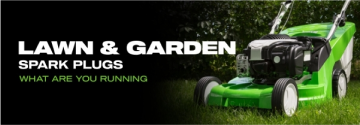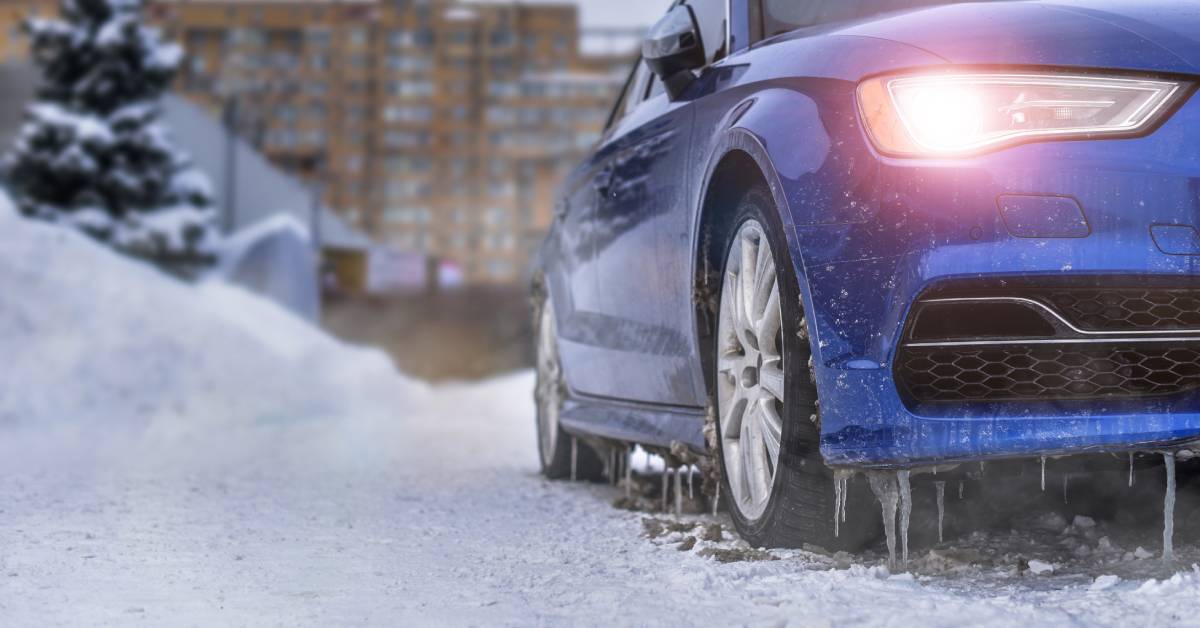

Got your heart set on buying a classic car? E3 Spark Plugs offers tips for finding, buying and maintaining the perfect classic.
It’s the dream of many a gearhead – to own a beautifully restored classic car. If that’s on your list of goals to accomplish this year, you’d better start doing some homework now. There is much to consider when making such an investment (and a classic car purchase really should be seen as an investment). So, E3 Spark Plugs offers its top tips to make sure your classic car dream doesn’t turn into a financial and mechanical nightmare.
First, decide what car you want and how you’ll be using it. Do you want to tool around town daily in that ’66 Mustang or maintain its pristine showroom condition for entry into classic car shows and competitions? If it’s a daily driver, you’ve got a little wiggle room when it comes to whether the parts are all original. But if you’re going for the competition ride, you’ll need to insist upon all original parts in good condition, or expect to spend a lot more money – both on the initial purchase and in continued restoration. Study everything you can get your hands on about the particular make and model you’re eying and talk with members of classic car clubs. Pay attention to common problems that pop up with your desired model. For instance, many European classics are known for electrical glitches.
Once you’ve done some homework, take a look at all the possible scenarios and decide whether you’ve truly got the time, space and finances to make it work. Classic cars can be expensive to restore and maintain. If you’re on a limited budget, don’t blow it all on the purchase or it may end up sitting in your garage for years while you work and wait for the money to fix it up. Of course, if you’ve got time on your hands and some mechanical ability, perhaps money is a bit less of an issue. Or, if you’re loaded with cash but limited on time, a great mechanic and parts pro experienced with classic cars might be your new BFF. But if you’re strapped for both time and cash, your car might end up spending many lonely months and years in the garage. And you just KNOW that your spouse is gonna want to use that space for something else eventually.
Once you’ve decided to go for it and think you’ve found the perfect specimen, you’ll still want to ask a few questions and make a few confirmations before you plop down that stack of bills or write that check. Top priority is to make sure that the VIN number on the car (usually located at the base of the windshield, but may be in the driver’s side door sill or in then engine compartment on older cars) matches the official VIN tag. If not, that could be a red flag that the car has been in a serious wreck, is stolen or is bogus. Even if the numbers match do your own vehicle history report to make sure it hasn’t been stolen and to find out how many previous owners there have been. A few too many names might signify problems that’ll have you looking to unload it before long too. If possible, try to buy a classic car with full service records. And have an appraiser look it over to make sure that the engine, transmission and other vital components are original and that the car hasn’t been wrecked.
Got a great classic car buying success story? E3 Spark Plugs wants to hear it. Post your story and your pics on the E3 Spark Plugs Facebook fan page.







